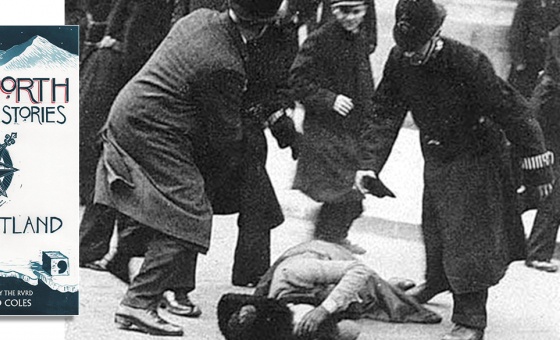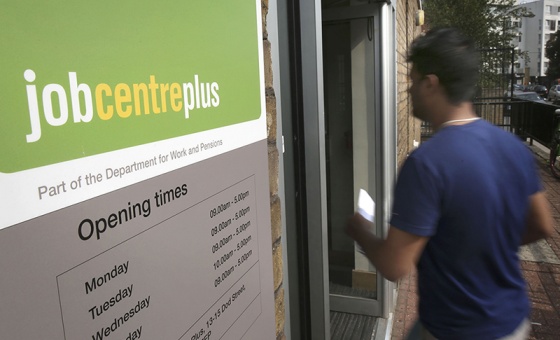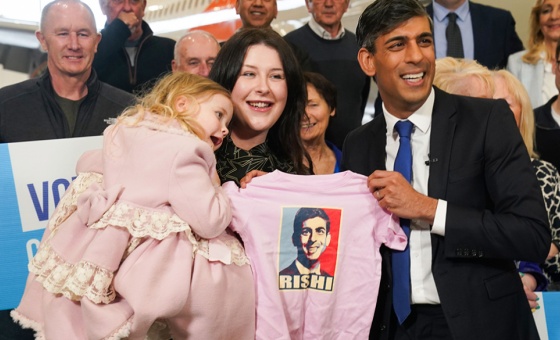This is the last article you can read this month
You can read more article this month
You can read more articles this month
Sorry your limit is up for this month
Reset on:
Please help support the Morning Star by subscribing here
MULTINATIONAL corporations will be able to sue any British government which introduces policies deemed detrimental to their profits under a new trade deal signed today by the Tories, trade unions have warned.
The Comprehensive and Progressive Agreement for Trans-Pacific Partnership (CPTPP) could jeopardise decisions such as increases to the national minimum wage, the TUC said.
It also warned that the deal could mean Britain turning “a blind eye” to exploitation and human rights abuses suffered by workers in the states covered by the agreement.
The agreement was signed by Tory Business Secretary Kemi Badenoch during a visit to New Zealand where she announced that it would “deliver billions of pounds in additional trade” despite the government’s own estimates showing that it will add only 0.08 per cent to the size of the economy over 10 years.
The government has been desperately scrabbling for trade deals following Britain’s breach with the European Union and exit from the single market. It has thus far failed to secure a much-vaunted free trade deal with the United States.
Britain is the first European nation to sign the CPTPP since it was founded in 2018. The treaty involves Australia, Brunei, Canada, Chile, Japan, Malaysia, Mexico, New Zealand, Peru, Singapore and Vietnam.
But the agreement is “bad for workers at home and abroad,” said TUC general secretary Paul Nowak.
Mr Nowak said: “Once again, Conservative ministers have turned a blind eye to egregious human and workers’ rights abuses in their pursuit of trade deals.
“Workplace exploitation is widespread in the countries involved in this agreement.
“This deal also allows multinational corporations to sue the UK government in secret courts for introducing policies which threaten their profits — this could include an increase in the minimum wage or bringing energy companies back into public ownership.”
He said the government should be using its international influence “to promote decent work, deliver green jobs and protect our public services — not treating trade deals as publicity tools.
“It’s time to meaningfully consult with unions and listen to our concerns,” he said.
“That’s how you get trade agreements that work for working people.”
The agreement was also criticised by environmentalists.
World Wildlife Fund-UK director of policy solutions Angela Francis said the government was “knowingly enabling trade in products that are wreaking havoc on our natural world.”
Other critics said the agreement’s impact will be limited, with official estimates suggesting it will add just £1.8 billion a year to the economy after 10 years, representing less than 1 per cent of Britain’s GDP.
Shadow foreign secretary David Lammy said last month that the Tories were being “dishonest” by claiming CPTPP membership would make up for lost trade in Europe.
The deal still has to be scrutinised by Parliament and will be subject to legislation.
It is not expected to take effect until late 2024.
Britain already has individual trade deals with all but two of the 11 countries which are party to the agreement.
Some of the items from CPTPP nations that will become cheaper for British consumers thanks to the deal include Australian Ugg boots, kiwis from New Zealand, blueberries from Chile and Canadian maple syrup, according to the Institute of Export and International Trade.

 Peter Lazenby
Peter Lazenby










